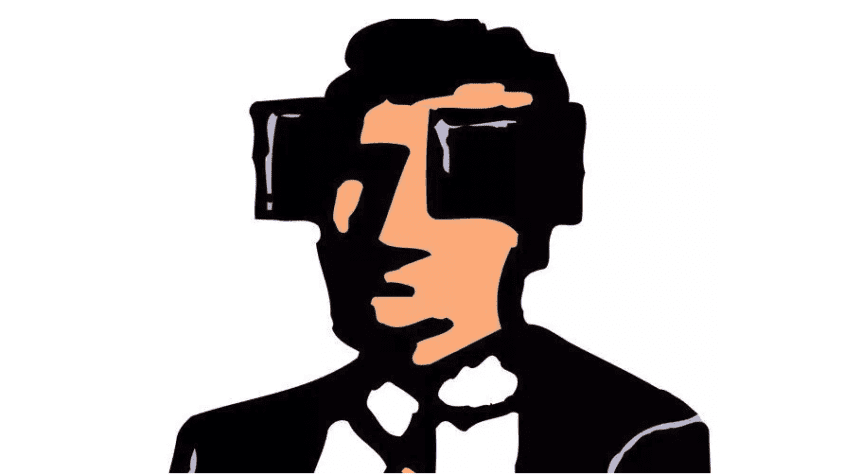
Marketers and advertisers struggle to understand “mainstream audiences”: U.K. study
Marketers and advertisers are more biased and less empathetic than they like to believe, according to a provocative new research paper out of the U.K. This is creating a “substantial barrier” to connecting with audiences outside major cultural hubs like London and New York (or, presumably, Toronto, Montreal and Vancouver).
Commissioned by the British publishing firm Reach, The Empathy Delusion is an attempt to better understand what it describes as the “culture war” that has arisen around polarizing issues like climate change, Brexit and the election of Donald Trump.

“Our ability to rise above our emotions and intuition is vital to creating advertising which resonates with mainstream audiences,” says the paper, which is based on a quantitative survey of 2,019 nationally representative UK adults and 199 advertising and marketing professionals. “Unfortunately, our research suggests this may be a challenge the advertising and marketing industry is failing to rise to.”
The study measured the ability of the so-called “modern mainstream” and people working in marketing to understand other people’s emotions and perspectives, showing them 14 statements from a trait empathy scale developed by academic psychologists.
The statements were split between perspective taking (eg: “Before criticizing somebody, I try to imagine how I would feel in their place”) and emotional empathy (eg: “Other people’s misfortunes do not usually disturb me a great deal”), with respondents rating each statement based on how well they felt it described them.
Empathy levels were generally low, with less than one-third (29%) of the modern mainstream demonstrating high levels of perspective taking and emotional empathy. Marketing and advertising professionals fared only slightly better however, scoring 30% on the same scale.
“We are no better at understanding other people’s emotions and perspectives than the mainstream,” the study says. “This represents a major problem for an industry whose very success depends on a detailed and thorough understanding of the people it seeks to influence.”
The advertising industry also tends to lean left on the political spectrum, with 44% of industry professionals surveyed identifying as left-leaning, compared to just 25% of the modern mainstream. In addition, 36% of advertising and marketing professionals self-identified as centrist, compared with 52% of the modern mainstream.
While both marketing professionals and the modern mainstream placed equal importance on individualizing ethics like fairness/reciprocity, marketing professionals placed less emphasis on so-called “binding ethics” such as authority/respect (22% of marketing professionals vs. 39% of the modern mainstream).
“The moral bias of people in our industry, means we tend to views these mainstream concerns with suspicion,” wrote co-authors Andrew Tenzer of Reach and Ian Murray of house51. “So, we need to develop a more pluralist outlook.”
The Dictator Game…

















